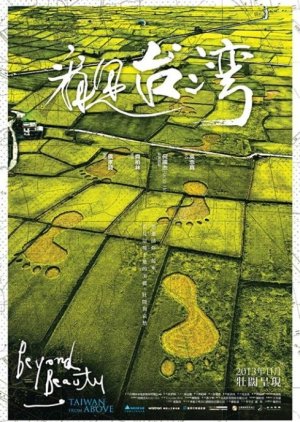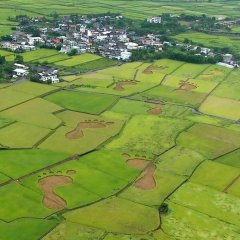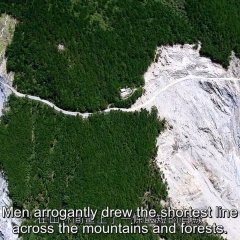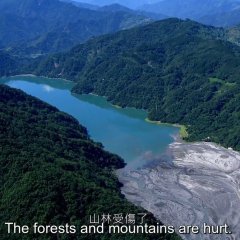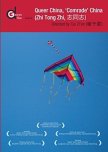- Nederlands
- 中文(台灣)
- English
- magyar / magyar nyelv
- Oorspronkelijke titel: 看見台灣
- Ook gekend als: Kan Jian Tai Wan ,
- Genres: Documentaire
beoordelingen

I was going through the list of highest-grossing domestic films in Taiwan and was really surprised to see a nature documentary tied for 15th place. I'm a big nature documentary fan myself, though that side of me hasn't crossed with MDL before, so I was excited to track it down. As someone who has only seen Western-produced nature documentaries, watching this was an eye-opening experience! The first 25 minutes of this film have about five lines of narration. Mostly, the viewer is left alone to watch aerial shots of Taiwanese nature accompanied by beautiful instrumental and folk(?) music. I'm used to there being a story or constant facts in nature documentaries, so the lack of narration was a challenge for my attention span. I decided that the director must have expected the audience to meditate on the natural beauty being shown, and since this obviously wasn't a problem for Taiwanese moviegoers, I should work out my meditative viewing skills.
After those 25 minutes, the director decided that we've meditated on nature long enough, and the narration returns to tell us how human exploitation of the land, greed, and over-consumption are causing huge environmental problems for Taiwan. This was much easier for me to get engaged with, as I greatly care about environmentalism. Even in this part, I could still feel a difference from the Western documentaries I'm used to seeing. When those tackle environmentalism, they usually focus on the need for action: "If we don't do something in X amount of years, the impact will be irreversible." The focus of this was, "Look at the harm we have done, are doing, and will do to our country unless we make changes today." So the call for action was mixed with a call for personal accountability, which I think a lot of Western documentaries shy away from because they don't want the audience to feel they're being guilted. I liked this approach. I also thought it was funny, because I read a review on Letterboxd that said this film was only advertised in Taiwan as a nature documentary and NOT an environmentalist film, so people who went to see it in theaters expecting only to feel pride in Taiwan's beauty got hit with an environmentalist message that they might have otherwise avoided.
The film ends on a hopeful note, highlighting organic farmers who are trying to live in harmony with the land, before returning to its meditative origins and showing the beautiful scenery of Taiwan accompanied by a song calling for change. I thought the ending nicely balanced out the earlier, heavier middle. The viewer is left with the feeling, "Yes, we are personally responsible for hurting our country, but we can also be personally responsible for healing it."
Vond je deze recentie nuttig?

